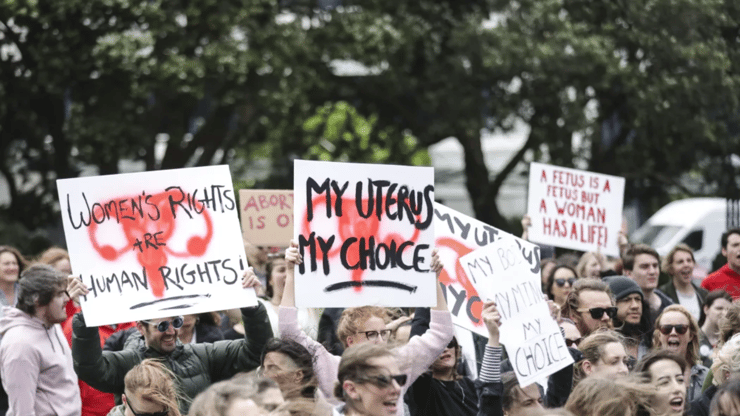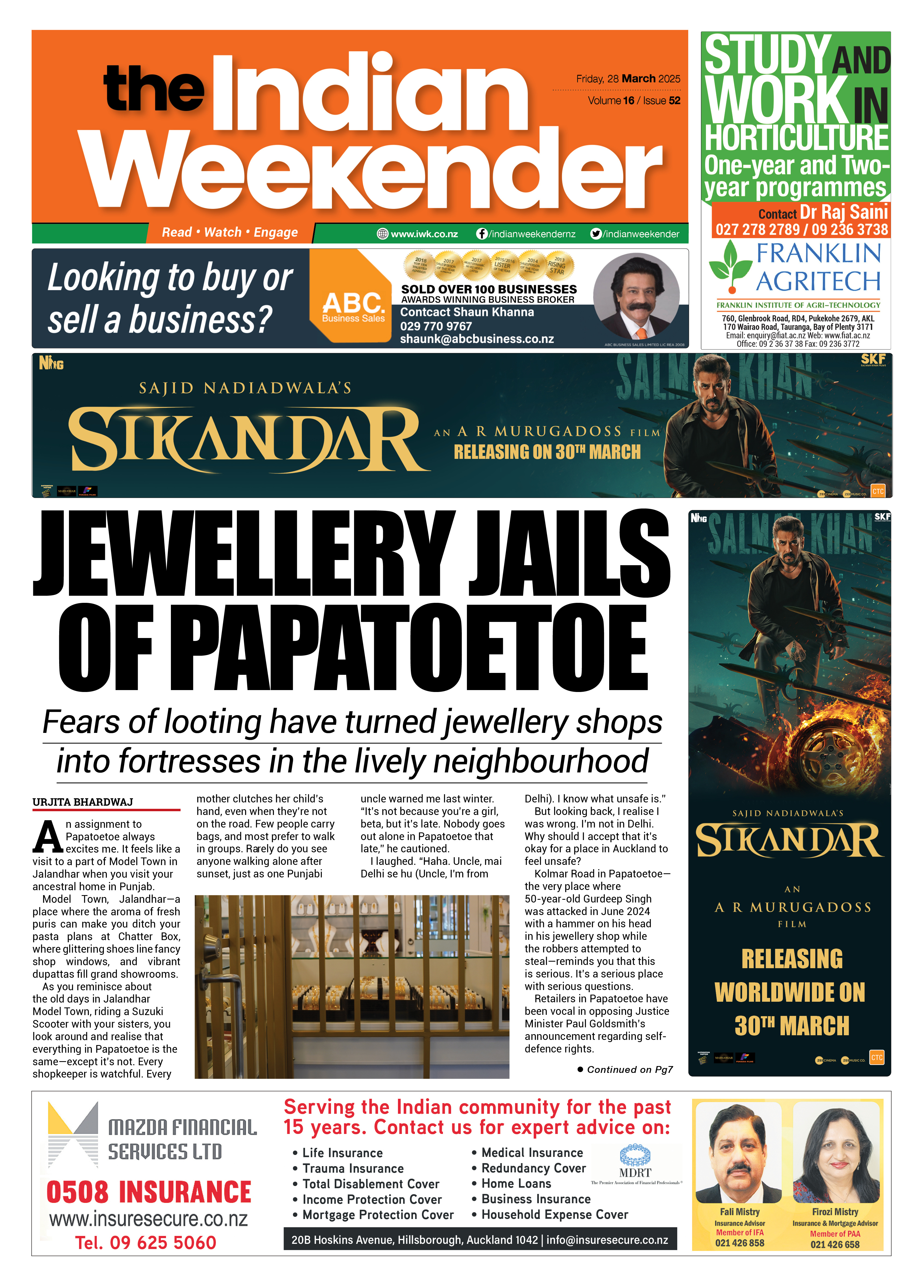The Fight For A Fundamental Right

Reflecting on the long history of injustices women have endured solely because of our gender. Why? Is it because society perceives us as the fairer, weaker sex? Well, the truth is that we've always possessed inherent power, often unrecognised and deliberately suppressed through centuries of deep-seated politics, religious doctrine and patriarchal ideologies. Contrary to popular belief, women don't need empowerment—we already possess strength and resilience intrinsic to our being. Our ability to give birth, to nurture life, is a testament to our inherent power, a power that transcends all limitations and norms.
Yet, at its heart lies a paradoxical conundrum, both complex and glaringly straightforward at the same time. A seemingly innocuous word that evokes a range of emotions in people, from discomfort to outright hostility: “abortion”.
In the past three decades, several nations have embarked on journeys to liberalise their abortion laws. In 2020, New Zealand decriminalised abortion and granted women the autonomy to choose termination up to 20 weeks into a pregnancy. In India, the legal framework governing reproductive rights has steadily evolved, with recent amendments in 2021 expanding abortion access up to 24 weeks under the Medical Termination of Pregnancy (MTP) Act of 1971, particularly for survivors of rape and incest, as well as unmarried women. Furthermore, on March 8th, France achieved a historic milestone, becoming the inaugural nation to formally recognise abortion as a constitutional right.
However, the influence of religious conservatism has led to some of the world's most restrictive abortion laws, particularly in regions dominated by religious entities like the Catholic Church, such as Latin America and Poland. The recent resurgence of the abortion ban in the USA, tracing its lineage back to 1864, epitomises this regressive trend. Currently, 14 states in the US are enforcing bans on abortion at all stages of pregnancy. Despite scientific advancements that debunk outdated ideas and beliefs, the grip these institutions maintain over public discourse and policy is rather absurd.
According to the World Health Organisation (WHO), approximately 25 million unsafe abortions occur globally each year, resulting in nearly 23,000 maternal deaths annually. The numbers represent the harrowing reality of women's lives hanging in the balance due to archaic laws and patriarchal attitudes, that not only disregard women's fundamental rights but also endanger their lives, pushing them into the shadows of clandestine and hazardous procedures.
For a woman, the decision to undergo an abortion is deeply personal and agonising, often borne out of insurmountable circumstances—be it socioeconomic hardships, health concerns, or the trauma of sexual assault. Yet, despite the gravity of their decisions, women are met with hostility, judgment and stigma.
Criminalising abortion does not eradicate the need for it; it just drives it underground. Every death and injury from unsafe abortion is totally preventable.
Women are not objects to be controlled or policed; they are autonomous beings deserving of respect, dignity and agency over their own bodies and lives. It is a fundamental human right, a foundational tenet of human dignity and no one, absolutely no one, should have the power to take that away from them. Anything less is a grave injustice to all humanity.

The author is a Mumbai-based producer and actor




